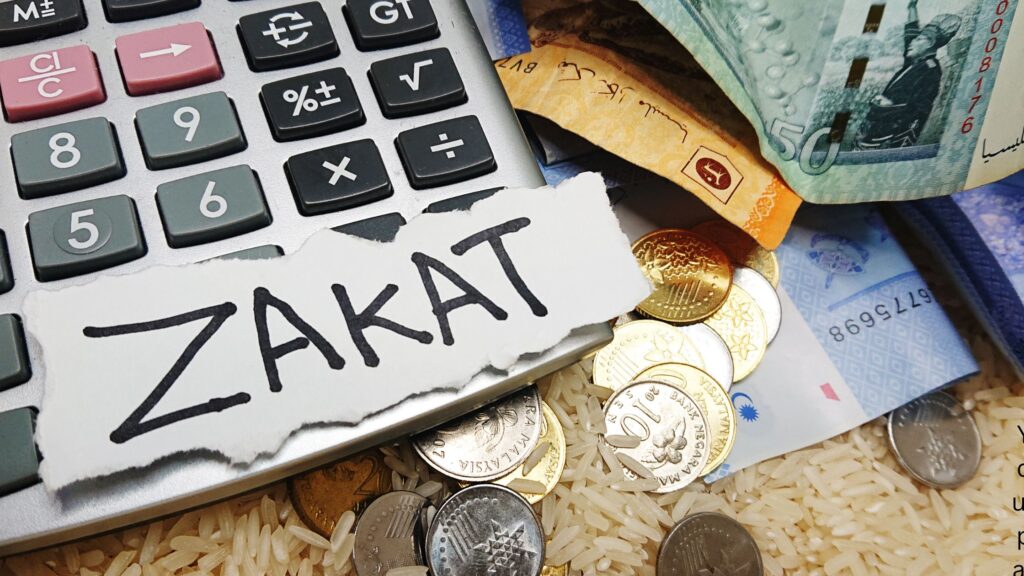If you’re looking for a way to grow your money without the rollercoaster ride of the stock market, government bonds might be exactly what you need. It’s one of the safest investment options available to Nigerians, and right now, the opportunities are particularly attractive.

What Are FGN Bonds and How Do They Work?
Federal Government of Nigeria (FGN) Bonds are essentially IOUs issued by the government through the Debt Management Office (DMO). When you buy a bond, you’re lending money to the government for a specified period that typically ranges from 2 to 20 years or more. In return, the government pays you interest (called a coupon) at regular intervals, usually every six months and returns your principal when the bond matures.
What makes bonds special is that they’re backed by the full faith and credit of the Federal Government of Nigeria. This means they’re considered virtually risk-free. In other words, the government will pay you what’s owed, when it’s owed. Unlike stocks where company fortunes can change overnight, or real estate where property values fluctuate, bonds offer predictability and security.
The interest you earn on FGN Bonds is also tax-exempt under the new Tax Act 2025. This is a significant advantage, especially for high-income earners who would otherwise pay substantial taxes on investment returns.
Why the Government Issues Bonds
The government doesn’t issue bonds randomly. They serve several critical purposes, including financing budget deficits without printing money (which causes inflation), refinancing existing debts, funding specific infrastructure projects and providing a benchmark for other borrowers in the market. In other words, when you invest in bonds, you’re directly supporting national development while earning returns.
A Look at Recent Offerings
The Nigerian bond market has been exceptionally active, and the numbers tell a compelling story. In September 2025, the DMO offered ₦200 billion in bonds but received subscriptions totaling ₦1.26 trillion, a staggering 530% oversubscription. This overwhelming demand led the DMO to allocate ₦576.62 billion, nearly four times the amount allotted in August.
Two bonds were offered in September: a 5-year bond (17.945% FGN AUG 2030) and a 7-year bond (17.95% FGN JUN 2032), each with ₦100 billion available. The 7-year bond was particularly popular and attracted ₦1.03 trillion in bids as well as receiving ₦488.83 billion in allocations.
Interestingly, despite the massive demand, the clearing rates (stop rates) actually decreased. The 5-year bond cleared at 16.00%, down from 17.945% the previous month, while the 7-year settled at 16.20%, compared to 18.00% in August. This moderation reflects growing investor confidence in Nigeria’s economic trajectory, particularly after the Central Bank cut its benchmark rate from 27.5% to 27% in September, the first rate cut since 2020.
For retail investors, the DMO also offers FGN Savings Bonds with more accessible entry points. The most recent offering, opened on September 1, 2025, included a 2-year bond at 15.541% per annum to mature on September 10, 2027, and a 3-year bond at 16.541% per annum that will mature September 10, 2028. These bonds require a minimum investment of just ₦5,000 and pay interest quarterly; this makes them perfect for individual investors looking to earn regular income.
High Entry Barrier
Now, here’s where things get tricky for most Nigerians. The minimum investment for standard FGN Bonds is ₦50,001,000 (that’s over 50 million naira). You must also work through Primary Dealer Market Makers (PDMMs), that is, licensed institutions authorized to buy and sell bonds on the primary market. For the vast majority of investors, this entry barrier is simply too high.
This is where the beauty of indirect investment comes in.
Investing in Bonds Through Mutual Funds and ETFs
If you don’t have ₦50 million sitting around, don’t worry, you can still access the bond market through mutual funds and Exchange Traded Funds (ETFs). These investment vehicles pool money from thousands of investors to buy bonds and other securities, giving you exposure to the bond market with as little as ₦5,000 to ₦10,000.
Mutual Funds
Several Nigerian mutual funds include significant bond allocations. For example, funds like the Alpha Morgan Balanced Fund and Coral Balanced Fund blend equities with high-quality fixed-income securities (bonds). These balanced funds delivered 67.84% and 67.70% returns respectively in the first half of 2025. This is nothing short of a remarkable performance that included substantial bond holdings.
For Sharia-compliant investors, options like the ARM Halal Balanced Fund offer bond exposure through Islamic-permissible instruments while still delivering competitive returns (35.68% in H1 2025).
The advantage of mutual funds is professional management. Fund managers actively decide which bonds to buy, when to sell, and how to balance risk and return. They charge management fees (typically 2-5% of your investment value), but in exchange, you get expertise and diversification you couldn’t achieve on your own.
ETFs
ETFs offer another route to bond investing. The standout performer in Nigeria’s ETF space is the Vetiva S&P Nigeria Sovereign Bond ETF (VSPBONDETF), which delivered an exceptional 51.46% return in the first half of 2025. This ETF tracks the S&P Nigerian Sovereign Bond Index, and will give you exposure to the most liquid FGN bonds through a single investment.
ETFs trade on the Nigerian Exchange just like stocks, so you can buy and sell them during market hours through any licensed stockbroker. They typically charge lower fees than mutual funds because they’re passively managed; they simply track an index rather than making active investment decisions.
Trading Bonds on the Stock Exchange
Both FGN Bonds and Treasury Bills are listed and traded on the secondary market. Once bonds are issued in the primary market, investors can buy and sell them on the exchange through stockbrokers, just like stocks. This provides liquidity, meaning that you don’t have to hold the bond until maturity if you need access to your money.
However, most retail investors find it more practical to access bonds through ETFs or mutual funds rather than buying individual bonds on the exchange, primarily because of the high minimum trading amounts and the complexity of bond pricing.
Interested? These Are Your Next Steps
If you’re ready to start investing in bonds, here’s what to do:
For Direct Bond Investment: Contact a licensed stockbroker or financial institution that acts as a PDMM. They’ll guide you through the application process for FGN Bonds or FGN Savings Bonds. You’ll need valid identification, proof of address, BVN, NIN and your bank account details.
For Mutual Funds: Reach out to asset management companies like ARM Investment Managers, Alpha Morgan Capital Managers, or FSDH Asset Management. Many commercial banks also offer mutual fund products directly through their banking apps and most of them will send emails inviting their clients to invest. Be on the lookout for these invitations. The minimum investment is typically ₦10,000.
For ETFs: Open a brokerage account with licensed stockbroking firms like Meritrade or others. Or download and register on the Bamboo app and fund your account. You can then buy bond ETFs during market hours. Some platforms offer commission-free ETF trading.
Finally, the recent 530% oversubscription of FGN Bonds shows that sophisticated investors—banks, pension funds and institutions—are pouring money into these instruments. That’s a strong signal. Whether you’re a conservative investor seeking stable returns, a retiree looking for regular income, or simply someone wanting to diversify beyond savings accounts, bonds deserve a place in your portfolio. The key is understanding your options and choosing the route that matches your investment amount and goals.
Disclaimer
Keep in mind that past performance doesn’t guarantee future results, and all investments carry some degree of risk. Consider consulting with a licensed financial advisor who can assess your specific situation and help you make informed decisions. But if you’re looking for a proven, government-backed way to grow your wealth, Nigerian bonds, whether directly or through funds, offer one of the most compelling opportunities available today.












